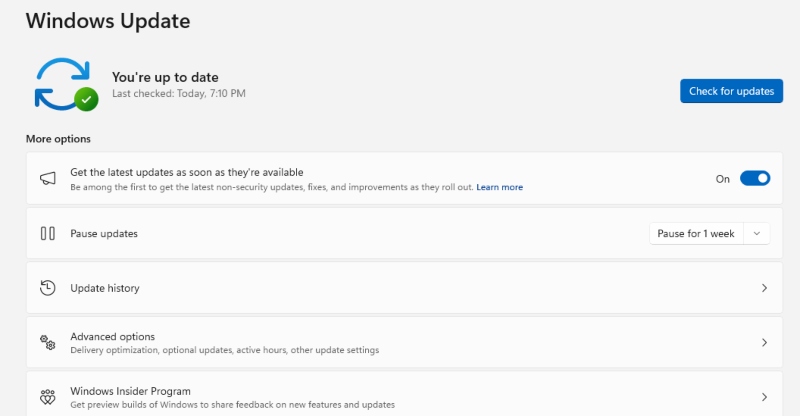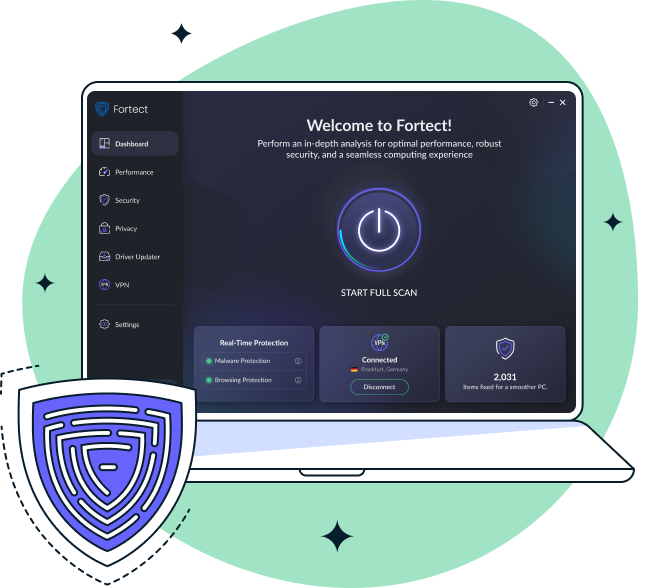How to Secure Your Windows Hosts File from Redirection Attacks
Redirection attacks targeting the Windows hosts file can silently reroute your browser to fake or malicious websites. This can lead to malware infections, phishing attempts, or unauthorized access to sensitive data. The hosts file, though small, is a powerful system component and a frequent target for cybercriminals.
You’ll learn how to secure it properly on Windows 10 and 11, and why using Fortect offers an added layer of automated protection and system optimization.
What Is the Windows Hosts File?
The Windows hosts file is a local file that maps domain names to IP addresses. It’s used before your computer checks DNS servers, meaning if an attacker modifies it, they can redirect your traffic to malicious sites without your knowledge.
How Redirection Attacks Work
These attacks often occur when users unknowingly install malicious software or allow unauthorized apps to run with admin privileges. Once the file is modified, even legitimate URLs like www.google.com can redirect you to a different location. Without security checks in place, this kind of manipulation is hard to detect manually.
How to Secure the Hosts File on Windows 10 and 11?
Step 1: Keep Windows Updated

Go to Settings > Update & Security (or Windows Update in Windows 11). Click Check for updates and install everything available. Regular updates patch system vulnerabilities often exploited in these types of attacks.
Step 2: Check and Clean the Hosts File
Press Windows + R, type notepad, then press Ctrl + Shift + Enter to open it as an administrator. In Notepad, go to File > Open and navigate to C:\Windows\System32\drivers\etc. Change file type to All Files, then select and open hosts. Legitimate entries usually include only 127.0.0.1 localhost and ::1 localhost. Remove any suspicious lines and save the file.
Step 3: Make the Hosts File Read-Only
Go to the same folder path. Right-click the hosts file, choose Properties, then under the General tab, check Read-only and click Apply, then OK. This helps block unauthorized changes.
Step 4: Restrict User Permissions
Right-click the hosts file again, go to Properties > Security tab > Edit. Select Users or other accounts you want to restrict, then deny Write and Modify permissions. Apply and confirm changes.
Step 5: Automatically Detect and Fix Issues with Fortect

Fortect is a powerful system repair tool with real-time malware protection. It scans for threats like unauthorized host file changes, DNS redirection, and corrupted system files, then automatically fixes them and optimizes your PC.
Download and install Fortect. Run a full scan. It will flag issues affecting your hosts file or system performance. Click Repair, and Fortect will resolve the problems while also cleaning junk, fixing broken files, and improving stability.
3 Fortect Features That Strengthen System Security
Fortect Browsing Protection
Blocks access to malicious and phishing websites in real time. This extension works with Chrome and other browsers to prevent redirection attacks before they happen.
Fortect Driver Updater
Fortect’s driver updater feature automatically scans and updates outdated or corrupted drivers. Stable drivers reduce vulnerabilities and system crashes, improving overall performance.
Fortect Mobile Security

If you have Fortect Premium on Windows, you can extend protection to Android and now iOS devices. It offers real-time threat blocking, malware detection, instant alerts, cloud-based scans, and scheduled auto-scans, keeping your phone secure without slowing it down.
With Fortect Mobile Security, your Android stays protected with the same performance-focused reliability as your PC, no lag, no noise, just simple, effective mobile protection.
Signs Your Hosts File Might Be Compromised
You’re redirected to suspicious or unrelated websites. You get alerts from security tools about DNS tampering. You find strange entries in your hosts file located at C:\Windows\System32\drivers\etc\hosts. Your system slows down or behaves erratically.
Conclusion
Protecting your Windows hosts file is a must if you want to stop redirection attacks before they compromise your system. Manually inspecting and locking down the file helps, but for ongoing protection and automatic repair, Fortect is the smarter choice. With its ability to detect hidden threats, update drivers, block browser-based attacks, and optimize your system, it adds a layer of security that traditional antivirus tools often miss.




